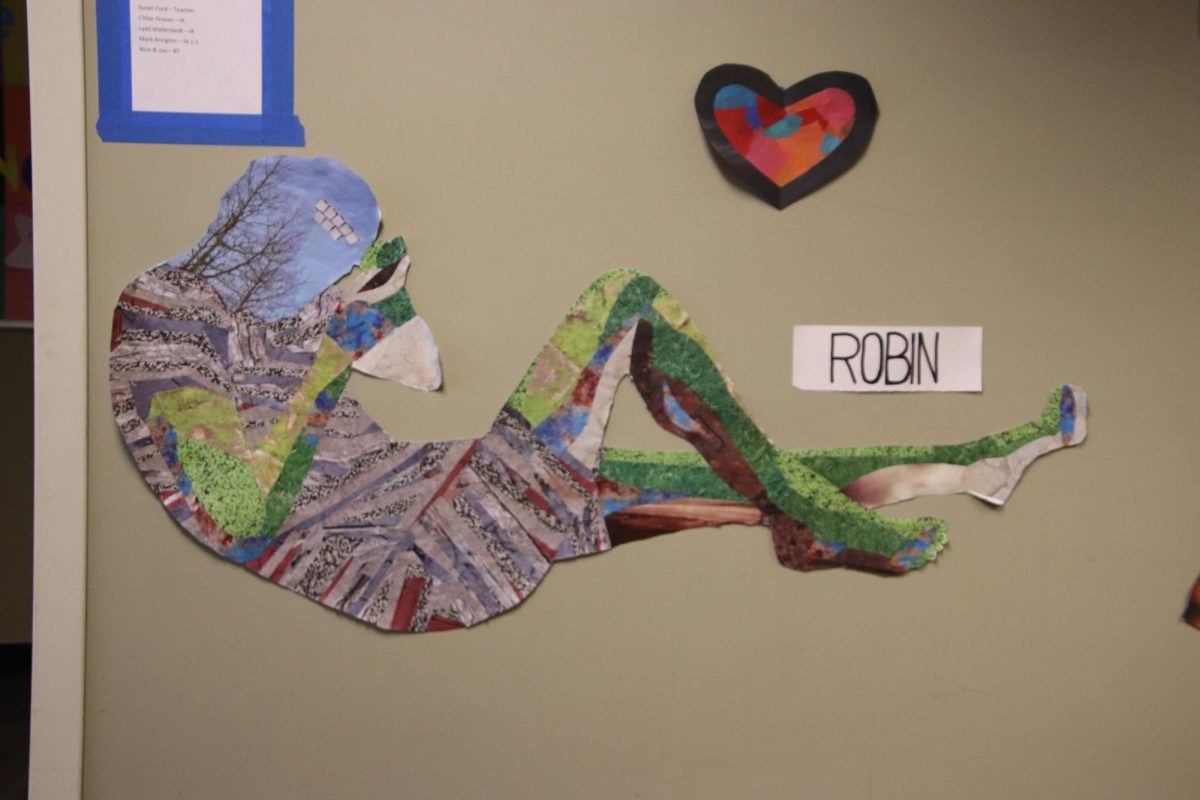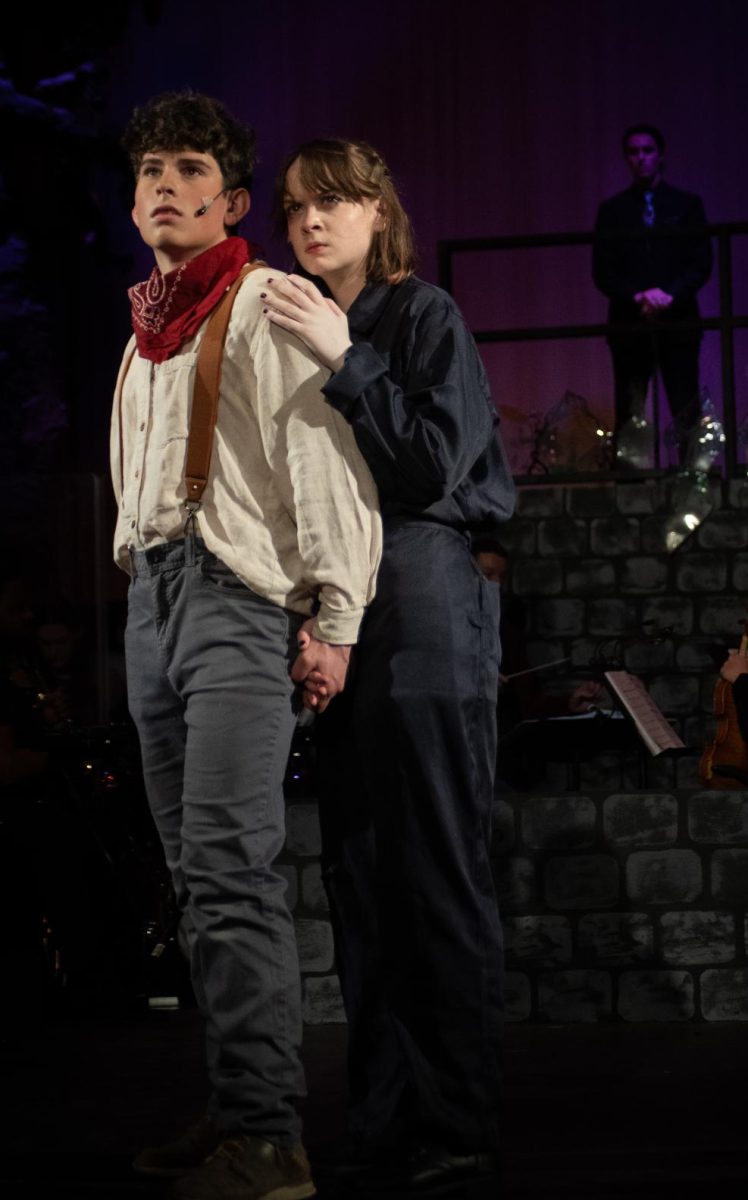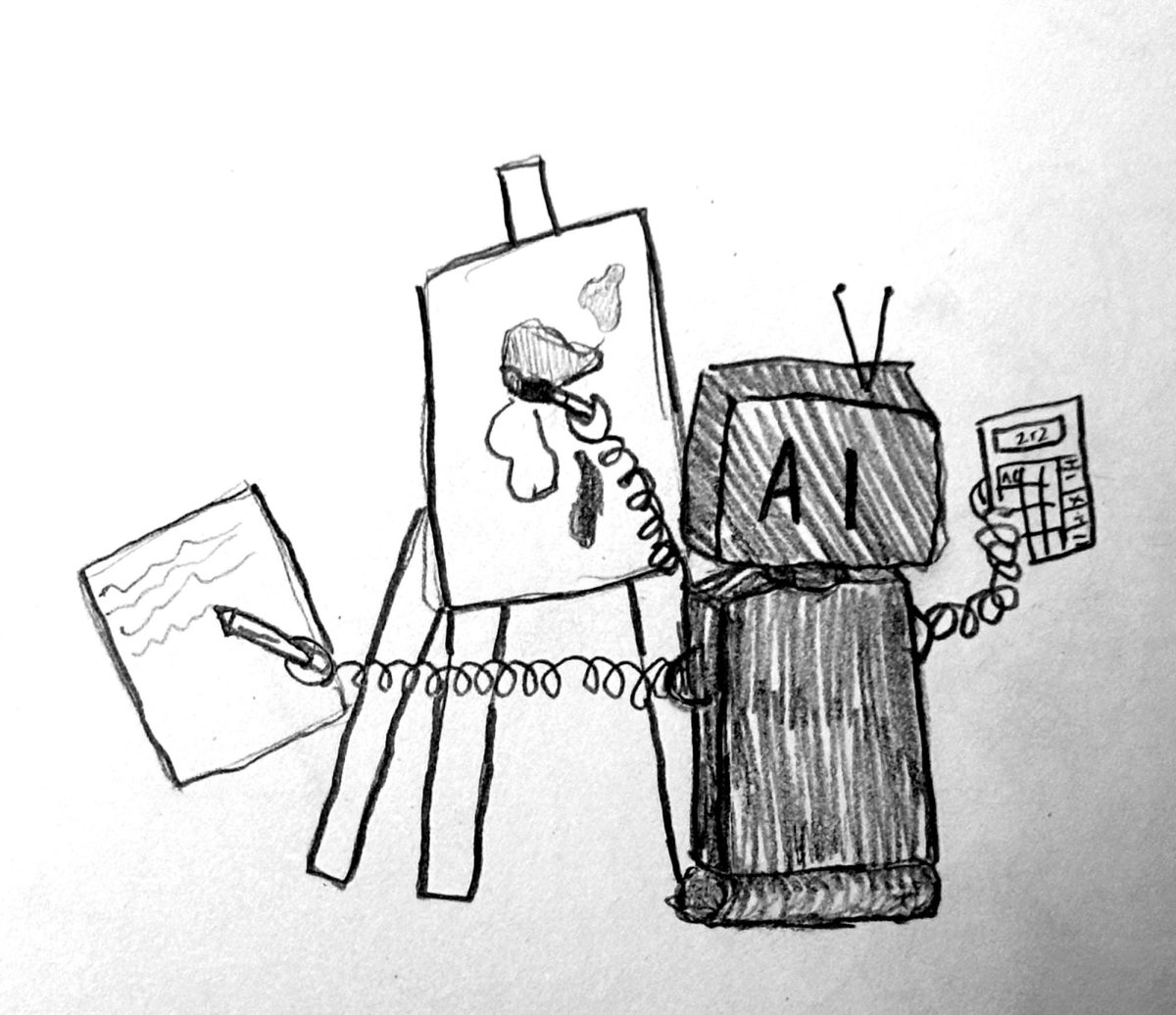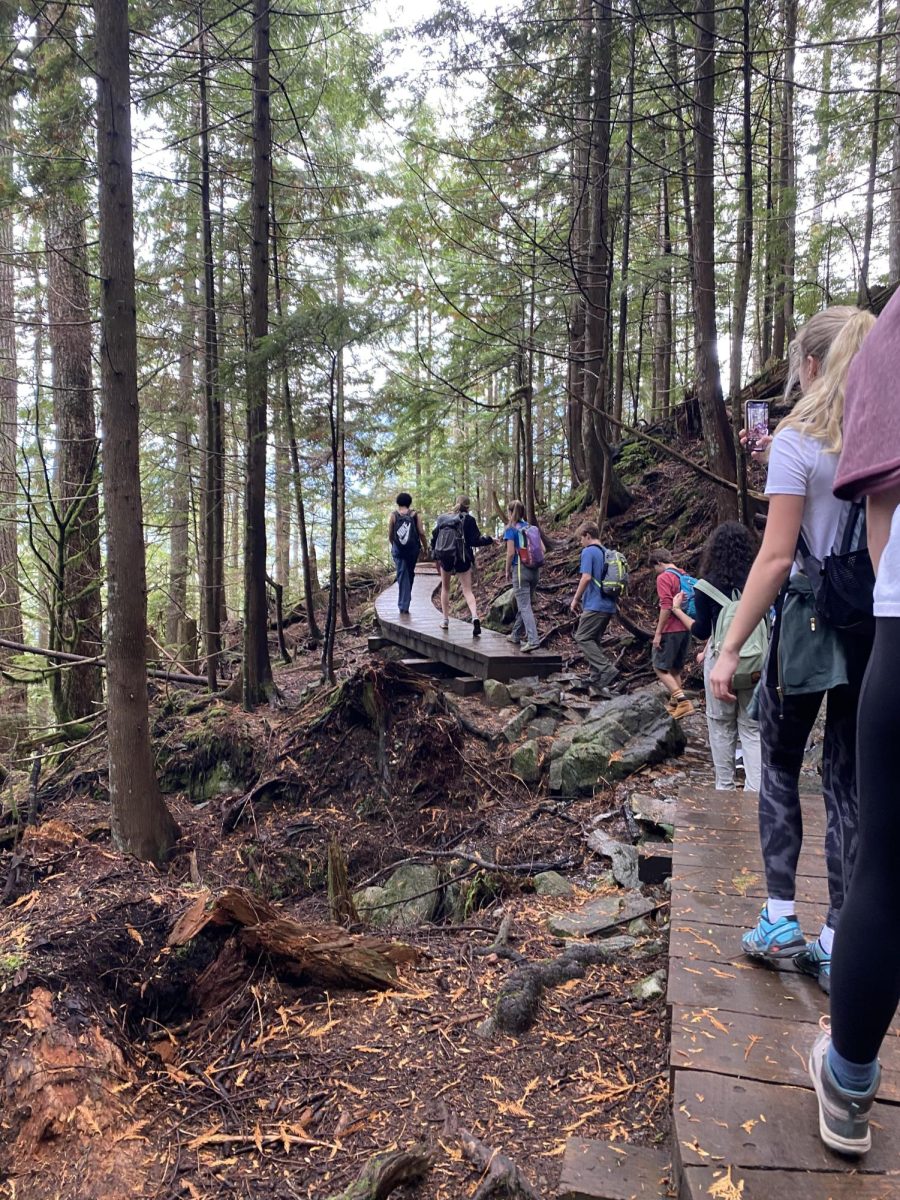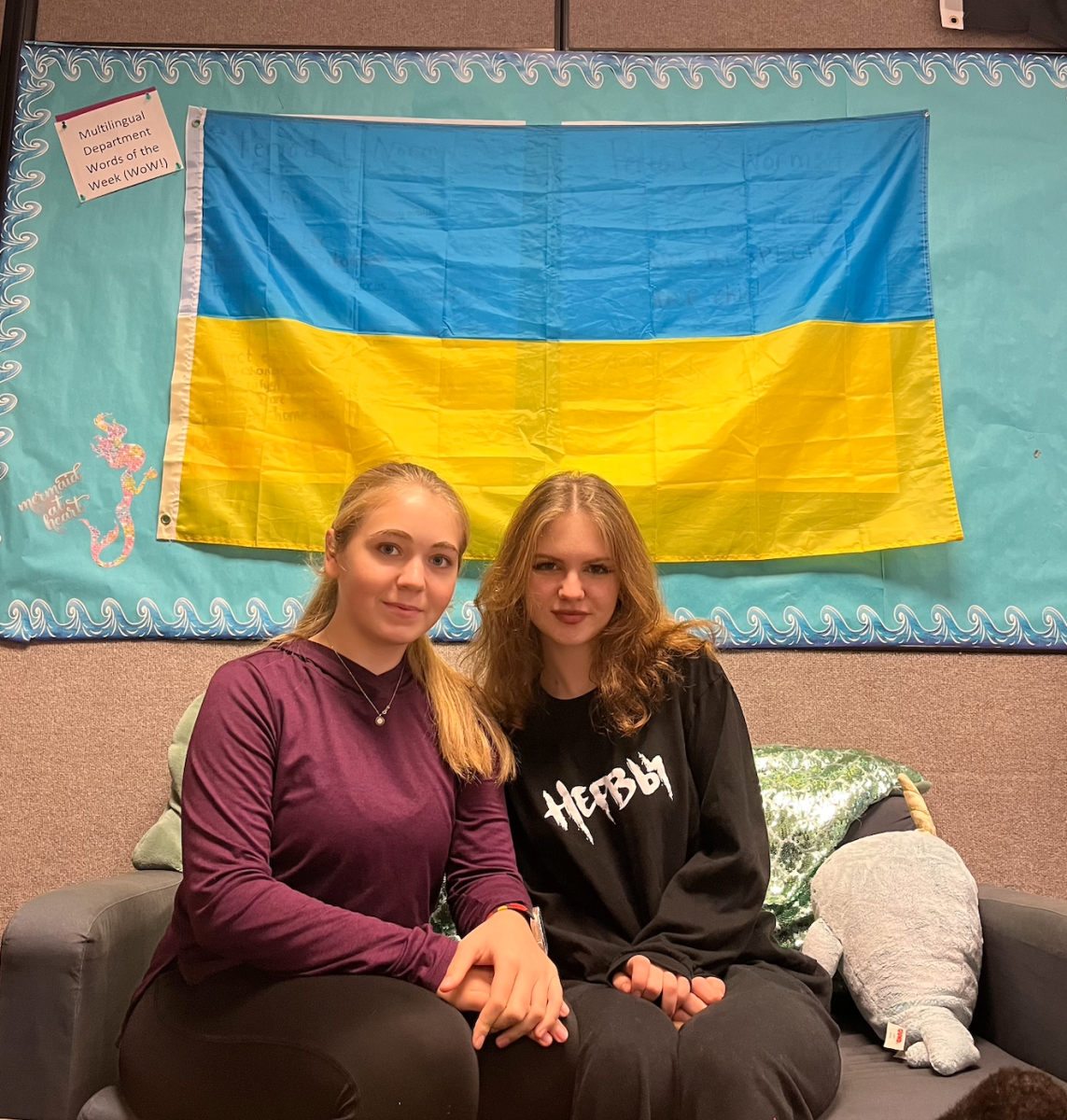A developmental disability is a chronic condition that affects an individual’s language, learning, physical ability or behavior. From autism and ADHD to Down syndrome and cerebral palsy, developmental disabilities are a vast spectrum of seen and unseen differences that don’t conform to one experience.
Developmental Disabilities Awareness Month (DDAM), though federally recognized, is not the most widely known March observance. Aiming to share stories, promote inclusion and highlight the contributions of people with developmental disabilities across a variety of disciplines, the ‘awareness’ aspect of DDAM is strengthened by making visible those who are impacted.
Special Education teacher Susan Ford believes visibility is not only key to the inclusion of students with disabilities within BHS, but a thing to be improved upon through community engagement and creative expression. Ford is an instructor in The Distinct program, a model of education that provides instruction to students who benefit from a curriculum which differs significantly from that of general education.
At the start of this school year, students in Ford’s classroom took on the task of showcasing their personalities through a visual medium. This evolved into silhouette collages displayed outside Ford’s room in the north wing, each abstract figure adorned with a story and a name.
“One student is always on the move, running and moving very quickly,” Ford said. “And another is very attracted to all things sparkling and light.”
Collages containing shimmering disco balls, natural landscapes and woven bits of sweater display the interests, dispositions and even stances of the students they’re modeled after. The project was planned by Ford and led by Lyall Wallerstedt, an Instructional Assistant (IA) in the classroom.
“We wanted to have some more visibility for our students,” Wallerstedt said. “We’re a self-contained classroom, so we’re not always out in gen-ed classes. But we still feel like our students are a part of the Ballard community.”
Ford also saw the project as a way to create connection between BHS students, the creative displays acting as a stand-in for inclusion that is not always possible due to the individual needs of students.
“I wanted them to be known and understood,” Ford said. “If not deeply, at least visually.”
In addition to visual representations, Ford and Wallerstedt believe respect and personal connection are integral parts of creating an environment that values all learning and communication styles.
“I have found that there are a lot of people at Ballard who are really more accepting of disabilities than what I’ve seen elsewhere,” Wallerstedt said.
However, while the BHS community has established respect for its students in Distinct classrooms, Ford feels there could be more engagement and encouragement from others.
“My perception is [that there’s] a lot of avoidance from the population of students,” Ford said. “Connection, personal connection, I don’t see it.”
While providing each student with what they need sometimes requires separating their environments, Ford believes it is important that students and staff do their part in accommodating for differences when inclusion does happen.
“We’ve had to work a little bit to be able to attend things like assemblies in a way that is appropriate for our students,” Ford said.
The 2024 theme for Developmental Disabilities Awareness Month is “A World of Opportunities.” The campaign is set to focus on the collaborative removal of obstacles, identifying the needs of disabled individuals so they can be properly met.
In Distinct classrooms, students receive instruction catered to their own specific needs of education. Whether it is learning cooking and cleaning skills, math or participating in art projects, teachers and IAs are there to instruct and offer personalized support.
“We have a pretty wide range of what our students need,” Wallerstedt said. “As far as life skills go, some are working on introductory tasks like washing hands while others have more experience and know their way around the kitchen.”
Another vehicle for experience is the opportunity to adapt to different environments through off-campus trips.
“I’m very focused on practical, hands-on skills,” Ford said. “We try to take our students out shopping at least once a week so that they’re riding the bus, gaining transportation skills and the ability to learn and understand how to shop for themselves and navigate a grocery store.”
Recreational skills are also worked into the outings, providing an element of fun to the practicality of the curriculum.
“Something we started doing this year is a trip to the pool next door once a week,” Wallerstedt said. “It’s been really big for our students to be able to get out and have that experience.”
As the name suggests, Developmental Disabilities Awareness Month is reliant upon a key practice: spreading awareness. This can be in the form of educating oneself on the diverse experiences of those with disabilities, listening to their stories and understanding the complexity of what is so often reduced in our culture to one archetype or look. We all deserve to be perceived in our entirety. And for that, first we must all be seen.
“I think it’s easy to slot some students with developmental disabilities in a corner,” Ford said. “But just because someone can’t communicate their feelings directly doesn’t mean they aren’t still a teenager with desires and hopes and dreams.”
























